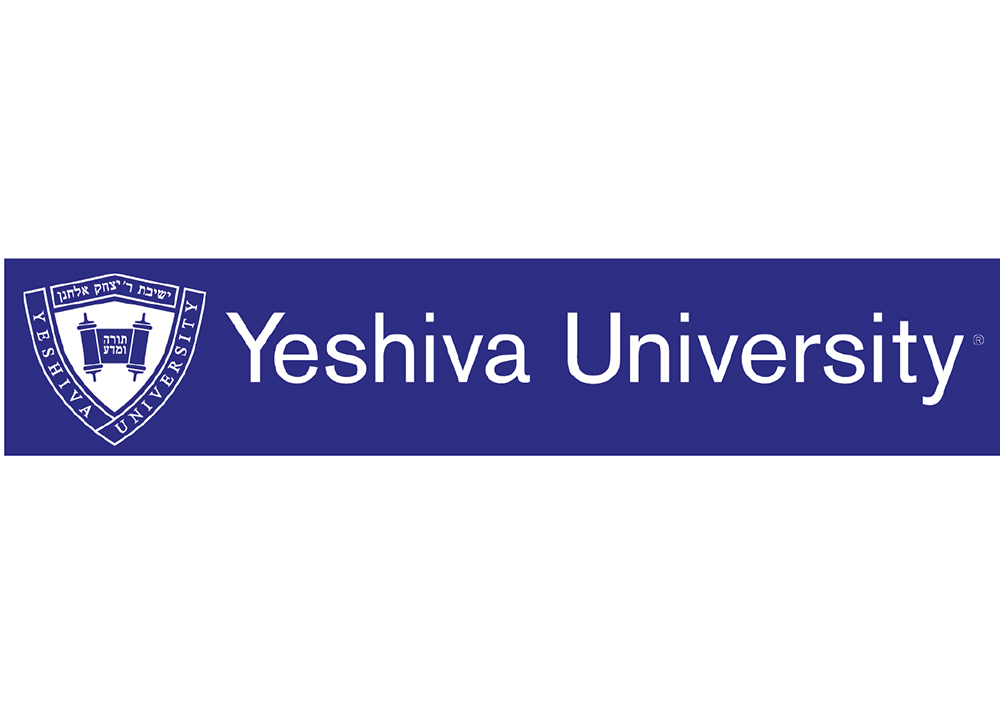
(Courtesy of Yeshiva University) While antisemitism is not new in the United States, the current wave of vitriol and attacks has reached new terrible lows in the wake of Gaza’s October 7 massacre in Israel. College campuses have become battlefields for Jews and Zionists against an array of antisemitic and anti-Zionist actions, and the streets of major cities have similarly witnessed spectacles of hatred and vandalism.
The workplace is not immune. Many recent graduates of Yeshiva University have asked the school to convene a webinar to discuss approaches to handling antisemitism and anti-Zionism in business. YU’s office of Alumni Affairs is having its first such event on December 6 at 8:00 p.m. ET which will feature Lawrence Askowitz (YC ’87), Ariella Noveck (Syms ’11) and Joel Strauss (YC ’86). Each has dealt with Israeli causes and advocacy for university students and in the workplace for many years.
Ellen Finkelstein, YU’s chief strategy officer for the Office of Institutional Advancement said that the school had received numerous requests from alumni to address the difficult work environments they are experiencing. She noted that she had “received several calls from alumni working in diverse fields including medicine, accounting and advertising, where they are confronted about Israel’s actions in Gaza. Many have colleagues who openly spout antisemitic beliefs on social media. Others have HR departments which push diversity initiatives and make public statements for Ukraine but were silent about October 7. All exclude Jews from DEI (diversity, equity, and inclusion initiatives).”
The dynamic in the workforce has many facets. Some issues are at the corporate level where companies have or have not used different standards in issuing public statements about the October 7 massacre. Some situations are more personal, where people directly experience antisemitic comments, while others know of colleagues’ outside activities, such as social media posts or ripping down posters of kidnapped Israelis. Each has its own consideration for junior and senior people. People are unsure of the best way to address the very emotional situations in a professional setting.
Askowitz is an investment banker, sits on the board of the Sy Syms School of Business, has run dozens of professional networking events for YU, is on the board of StandWithUs New York, a pro-Israel organization, and speaks often about antisemitism and Zionism, so was pleased to take part in the panel when asked by the school. “While the subject of antisemitism at universities has become a major focus of attention—something fortunately absent at Yeshiva—anti-Jewish animus in the workplace is just starting to get attention. YU alumni are perhaps the most shocked to see such behavior having been spared the vitriol at college.”
Noveck is a media and communications professional focused on broadcast news and Israel advocacy. For over a decade, she has been working to share different perspectives in Washington, DC and via broadcast news networks. She shared that “it’s imperative that young professionals know how to navigate the complexities of the workplace. However, from my observation, it’s not just the young graduates who need guidance; many across the spectrum—even those in senior positions—are feeling challenged given the climate and uptick of antisemitism affecting people around the globe.”
Strauss is a partner at the law firm of Kaplan, Fox & Kilsheimer, is also an adjunct professor at Stern College and has chaired numerous programs about being Orthodox in the business world. He noted that “being prepared for how to respond to and engage with fellow employees and/or students in graduate school on issues concerning Israel and antisemitism in the current environment is a very sensitive issue that many feel unprepared for and hopefully through this program we can provide people with some tools for doing so.”
“The response to this program has been extremely robust,” said Beth Lebenson Praver, YU’s director of Alumni Engagement. Praver and her team put together multiple engagement opportunities for alumni throughout the year and noted that this program, in particular, is generating interest from alumni across all ages, fields, genders and schools. “I’m gratified that we can serve as an educational resource for alumni for years, and even decades, after they have graduated. That’s what being part of the YU family is all about.”
Pre-registration is required. YU.edu/confrontantisemitism












